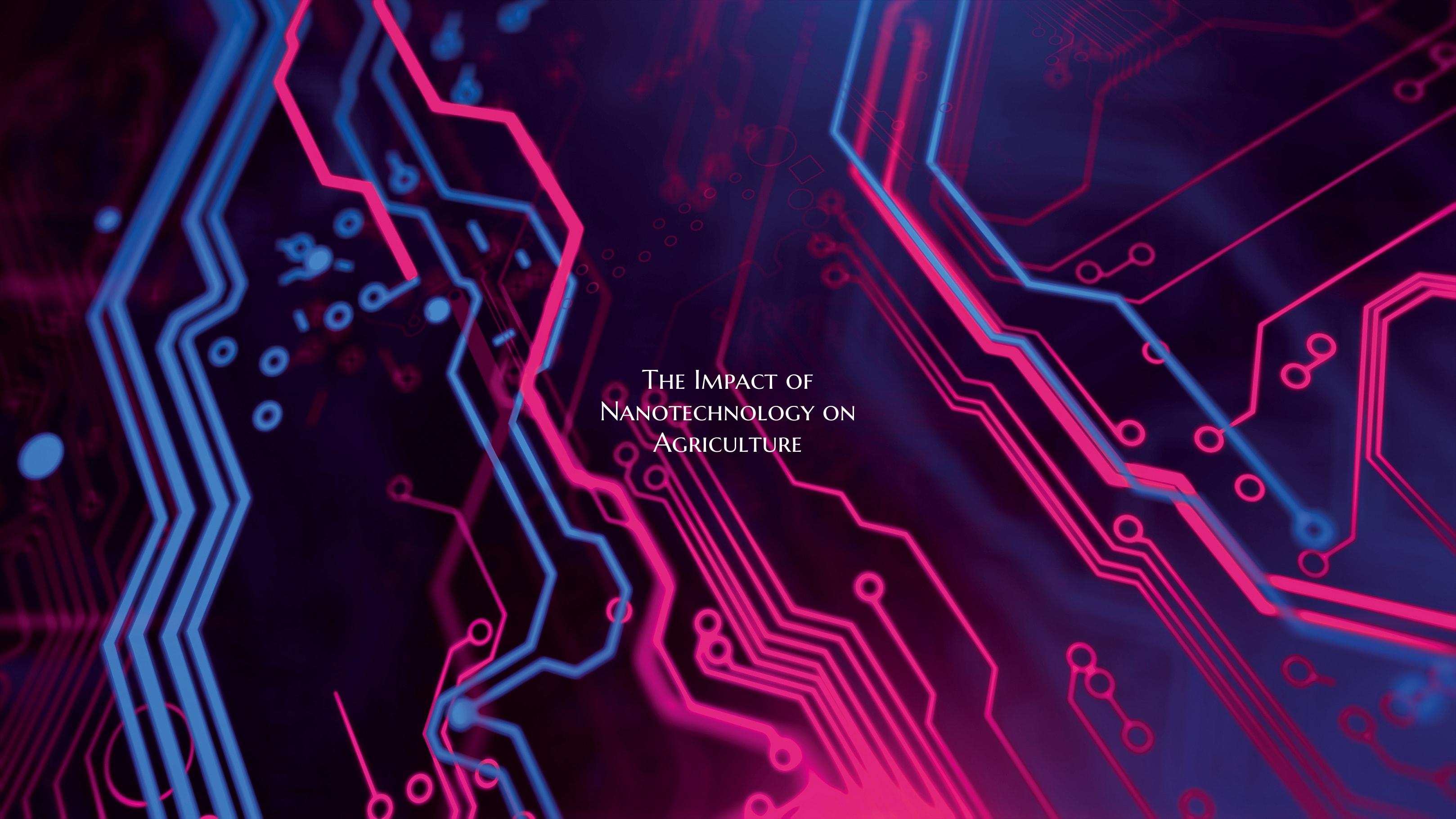The Impact of Nanotechnology on Agriculture
Nanotechnology, a cutting-edge field that focuses on the manipulation of materials at the molecular and atomic scale, is revolutionizing various industries, including agriculture. The integration of nanotechnology into agricultural practices has the potential to significantly impact food production, environmental sustainability, and overall farming efficiency.
One of the major advantages of nanotechnology in agriculture is its ability to enhance the delivery of nutrients to plants. Nanoparticles can be used to encapsulate and release fertilizers and pesticides in a targeted manner, improving their efficiency and reducing the amount of chemicals needed. This targeted delivery system minimizes waste and environmental contamination while ensuring that crops receive the necessary nutrients for optimal growth.
Furthermore, nanotechnology can help in developing smart sensors and monitoring systems that can provide real-time data on soil conditions, crop health, and environmental factors. By utilizing nanoscale sensors, farmers can make informed decisions about irrigation, fertilization, and pest control, leading to increased crop yields and cost savings.
Nanomaterials also offer new opportunities for crop protection by developing nanoscale structures that can inhibit the growth of pathogens and pests. These nanostructures can be incorporated into plant surfaces or used in agricultural sprays to enhance plant resistance, reducing the reliance on chemical pesticides and promoting sustainable farming practices.
In addition to improving crop production, nanotechnology can also play a significant role in addressing food security challenges. By enhancing the nutritional value of crops through the delivery of micronutrients and biofortification, nanotechnology can help combat malnutrition and food deficiencies in regions where access to diverse and nutritious food is limited.
While the potential of nanotechnology in agriculture is immense, it is essential to address any potential risks associated with the use of nanomaterials. Research into the effects of nanomaterials on soil health, water quality, and crop sustainability is crucial to ensure the responsible and safe deployment of nanotechnology in agriculture.
In conclusion, the impact of nanotechnology on agriculture is undeniable, offering innovative solutions to enhance food production, sustainability, and nutritional quality. By leveraging the unique properties of nanomaterials, farmers can develop more efficient and environmentally friendly practices that contribute to a more resilient and sustainable food system.

